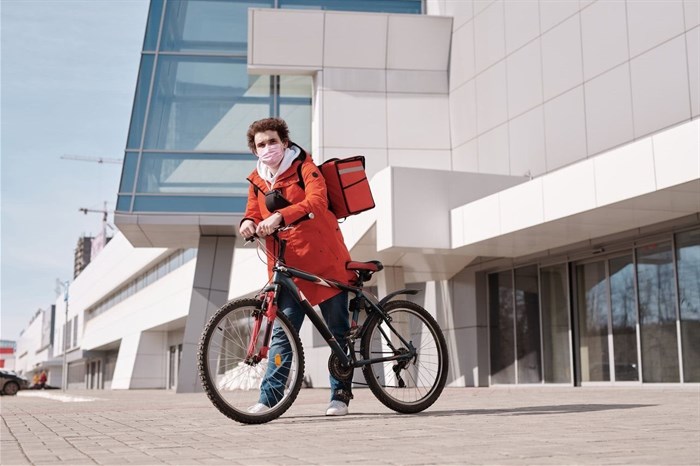Deliveroo riders are not workers - UK Appeals Court ruling

In a new judgment (The Independent Workers Union of Great Britain v The Central Arbitration Committee [2021]), the UK's Court of Appeal has ruled that Deliveroo riders in the UK are not workers. In our previous article, we dealt with the UK's Supreme Court judgment Uber BV and others (Appellants) v Aslam and others (Respondents) [2021], which ruled that Uber drivers are workers, thereby entitling them to minimum wages, holiday pay and access to a pension scheme. Deliveroo functions in the same way as Uber Eats: customers place food orders online, which are then delivered to them by Deliveroo riders using motorcycles or bicycles. While Deliveroo does not currently operate in South Africa, it operates in 12 other countries (including the UK, Australia and Spain). Deliveroo has more than 100,000 riders registered on its platform.
The Independent Workers Union of Great Britain applied to court to be recognised by Deliveroo for the purpose of collective bargaining on behalf of Deliveroo riders. Two lower courts found that because the riders did not meet the definition of 'worker' in British labour legislation, they did not enjoy the right to form and join trade unions. The UK's Court of Appeal ultimately agreed with the lower courts and confirmed that the riders were not workers. Personal performance of services is required for a person to satisfy the definition of 'worker' under British labour legislation. Deliveroo riders were found not to be workers because the contract between Deliveroo and riders does not require riders to make deliveries personally. Riders are free to allow a substitute rider to make a delivery using the first rider's profile.
The result of this judgment is that Deliveroo riders do not hold the right to form and join a trade union to protect their interests as riders. However, the judgment states that the riders were not prevented from organising through some means other than a trade union and were entitled to the more general right of freedom of association.
Different courts
Because the Uber judgment was handed down by a higher court than the Deliveroo judgment, the latter judgment does not overrule the Uber judgment, ie. Uber drivers in the UK remain classified as workers. Moreover, the question before each court was different, as the Uber drivers did not specifically ask for the right to form and join a trade union. Accordingly, the issue of collective bargaining was not canvassed in the Supreme Court's judgment.
It is possible that the Deliveroo riders will appeal to the Supreme Court which handed down the Uber judgment. However, it is uncertain whether the Supreme Court will make the same finding that it did in the Uber case due to the issue of personal service. In the Uber judgment, the Supreme Court noted that the contract between Uber and drivers does require them to perform their driving services personally. Accordingly, if the Deliveroo matter reaches the Supreme Court, it could uphold the Appeal Court's finding that Deliveroo riders are not workers without contradicting their own Uber judgment.
Potential impact on SA rulings
If the matter is appealed and the Supreme Court confirms that Deliveroo riders are not workers, the judgment could be persuasive in the South African courts and other labour dispute resolution forums. Nonetheless, our courts are not obliged to follow the decisions of foreign courts, and any case brought by South African platform workers will be decided according to South African labour law.











